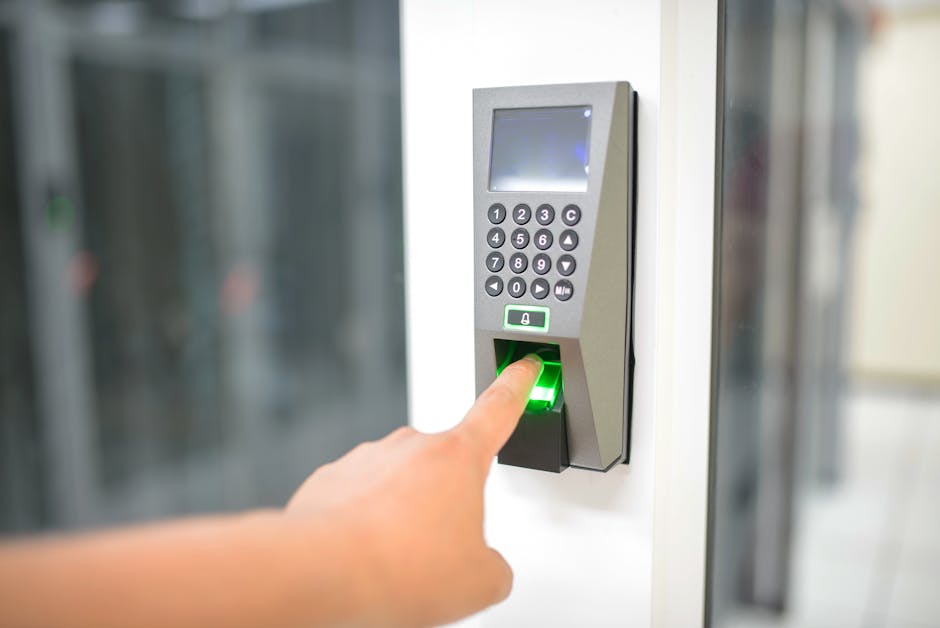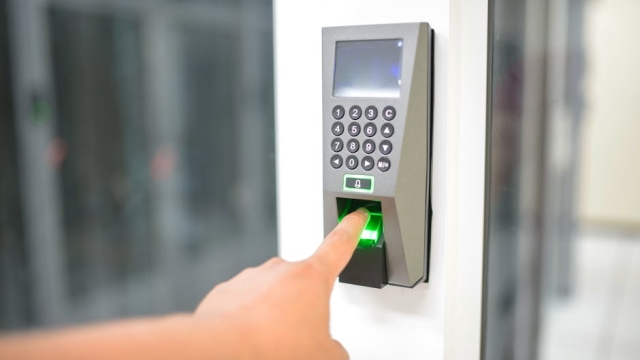
In an unpredictable world, businesses face various risks that can threaten their financial stability and operational continuity. One significant risk is crime, which can manifest in forms such as theft, fraud, and employee dishonesty. To safeguard against these risks, many businesses consider obtaining crime insurance. This specialized coverage is designed to protect businesses from financial losses resulting from criminal acts, making it an essential component of a comprehensive risk management strategy.
Understanding Crime Insurance: What It Covers and Why It’s Essential for Businesses
Crime Insurance for Businesses provides coverage for losses incurred due to criminal activities. This type of insurance can cover a wide array of incidents, including employee theft, burglary, robbery, forgery, and even fraud committed by vendors or customers. The primary aim of this coverage is to mitigate the financial impact of such crimes, which can otherwise lead to significant monetary losses and disrupt normal business operations.
One of the key reasons crime insurance is essential for businesses is that traditional property insurance policies often exclude coverage for losses due to criminal acts. Without crime insurance, a business could face substantial out-of-pocket expenses in the event of theft or fraud, potentially jeopardizing its financial health. Additionally, since the nature of crime is ever-evolving, having dedicated coverage helps businesses stay resilient against emerging threats.
Types of Crime Insurance Policies Available for Businesses
There are several types of crime insurance policies tailored to meet the unique needs of different businesses. Understanding these options can help business owners select the right coverage for their specific circumstances.
Employee Theft Coverage
This policy protects businesses from losses incurred due to dishonest acts committed by employees. It covers the theft of money, property, or securities, providing peace of mind to employers concerned about internal theft.
Robbery and Burglary Coverage
Robbery and burglary coverage safeguards against losses resulting from the theft of property through force or illegal entry. This policy typically covers cash, inventory, and other business assets lost during such incidents.
Forgery and Alteration Coverage
This type of coverage protects businesses from losses due to forged or altered checks, drafts, or promissory notes. It is particularly beneficial for businesses that handle a significant volume of financial transactions.
Funds Transfer Fraud Coverage
As businesses increasingly rely on electronic transactions, funds transfer fraud has become a significant concern. This coverage addresses losses resulting from fraudulent instructions to transfer money electronically, helping businesses safeguard their financial assets.
Computer Fraud Coverage
With the rise of cybercrime, computer fraud coverage has become increasingly important. This policy protects businesses from losses due to fraudulent activities carried out through computers or other electronic devices, including hacking and phishing schemes.
How to Choose the Right Crime Insurance for Your Business Needs
Selecting the right crime insurance policy is crucial for ensuring that a business is adequately protected. Here are some practical tips to consider when evaluating options:
- Assess Your Risks: Conduct a thorough risk assessment to identify potential vulnerabilities within your business. Understanding the types of crimes your business may face will help you determine which coverage options are most relevant.
- Consult with Professionals: Speaking with insurance agents or brokers who specialize in crime insurance can provide valuable insights. They can help you navigate the various policies and tailor coverage to your specific needs.
- Review Policy Limits and Deductibles: Pay attention to the coverage limits and deductibles associated with different policies. Ensure that the limits are sufficient to cover potential losses while considering the deductibles that may apply.
- Look for Additional Endorsements: Some policies offer additional endorsements that can expand coverage. Consider whether any additional protections would benefit your business.
- Evaluate the Insurer’s Reputation: Research the reputation and financial stability of the insurance provider. A reliable insurer will be better equipped to handle claims effectively when needed.
In summary, crime insurance for businesses is an essential safeguard against the financial repercussions of criminal activities. By understanding what it covers, the types of policies available, and how to choose the right one, business owners can protect their investments and ensure operational continuity. Whether you run a small enterprise or a larger organization, prioritizing crime insurance can play a pivotal role in your overall risk management strategy. For businesses in specific industries, such as nail salons, specialized coverage options may be available to address unique risks. Exploring these tailored solutions can further enhance your protection and peace of mind.
